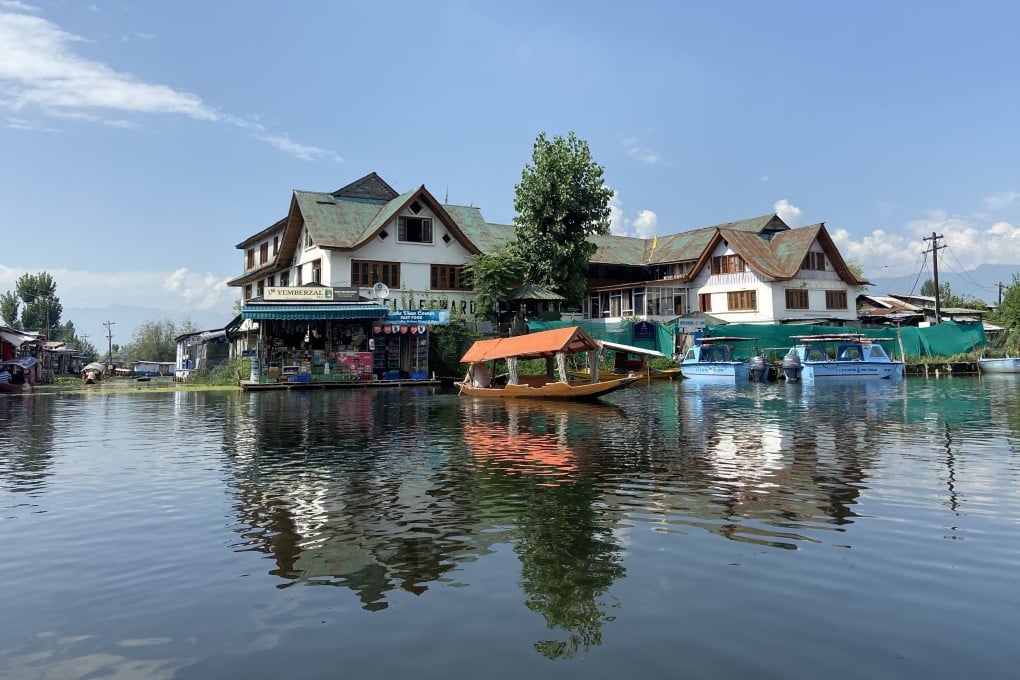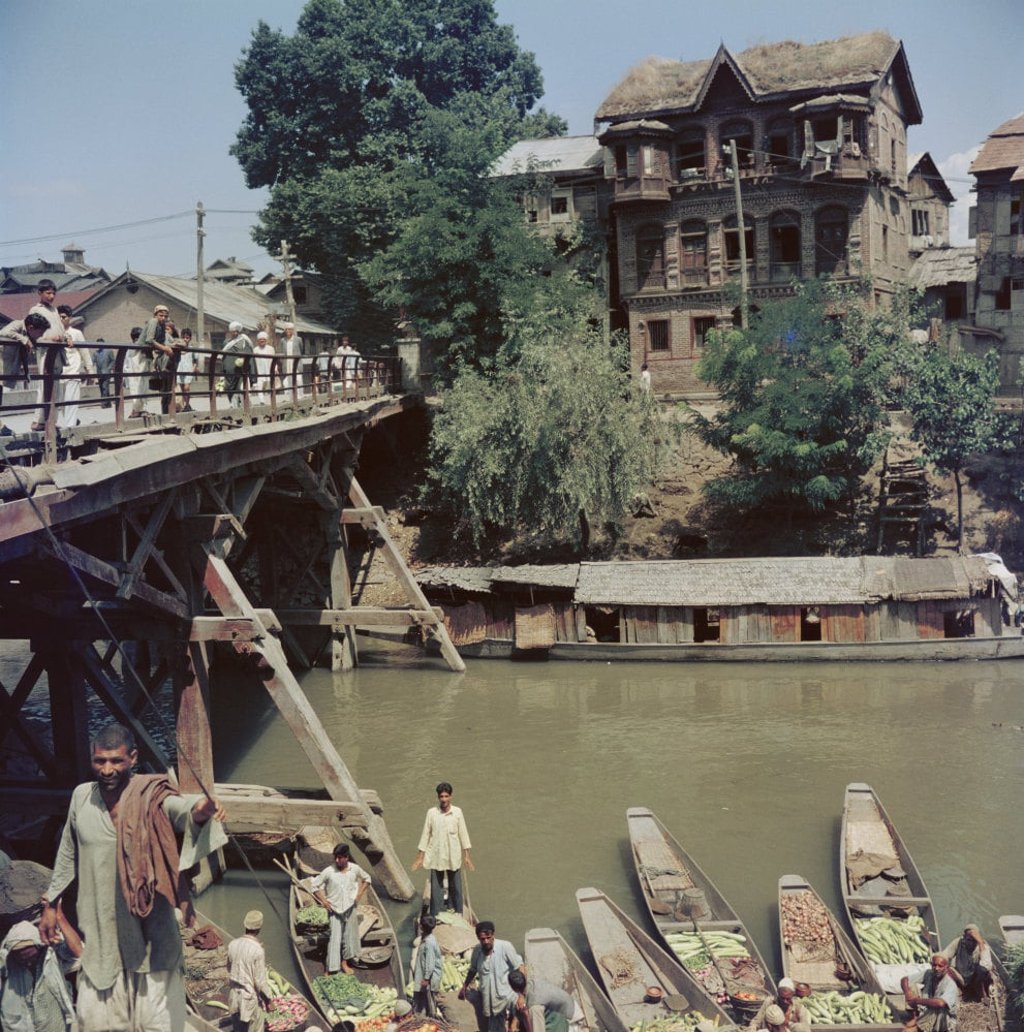When author V.S. Naipaul stayed on Kashmir’s Dal Lake, and the unfortunate fate of his beloved Hotel Leeward
- When author VS Naipaul travelled to India in 1962 to write An Area of Darkness, he spent four months at the tiny Hotel Liward on Kashmir’s Dal Lake
- He returned to the hotel in 1989, as the son of its owner recalls wistfully – eight years later Indian soldiers asked to stay a night, and have never left

In the early spring of 1962, British writer V.S Naipaul travelled to Kashmir from New Delhi. He had travelled to India to write An Area of Darkness (1964), the first book in what would become his Indian travelogue trilogy.
In Kashmir, he stayed on the first floor of a small hotel in the middle of Dal Lake. The Hotel Leeward – at that time spelled Liward – was the inspiration for the chapter “The Doll’s House on the Dal Lake” in An Area of Darkness.
When Naipaul discovered the Leeward, the hotel was “a rough two-storeyed structure” with just seven rooms. It was Naipaul who, during his stay of four months and 15 days, wrote to tourism officials in Srinagar to request a hotel permit for the property.

“The Liward was new; it was neither a houseboat nor hotel. It needed some sort of recognition from the tourist office.” The permit was granted.